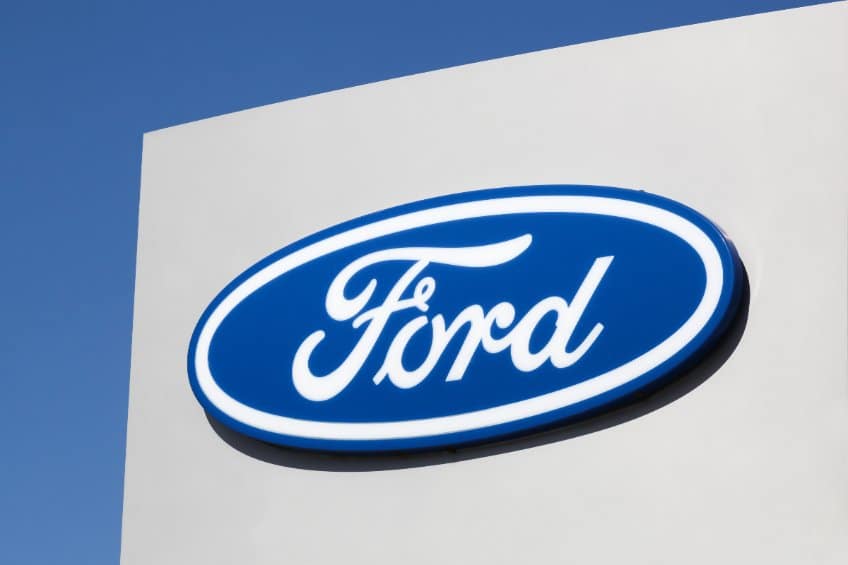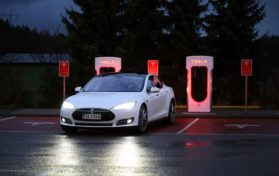
Ford Motor Company announced on Monday that it is slashing 3,000 jobs in the wake of a transition to manufacturing electric vehicles. Of those 3,000 jobs lost, 2,000 of them will be from the Dearborn, Michigan plant. The other 1,000 jobs are contract jobs outside the United States, particularly in India and Canada.
Ford’s Executive Chairman and the CEO Jim Farley co-authored a letter to employees stating: “We are eliminating work, as well as reorganizing and simplifying functions throughout the business.” The employees affected have not personally been notified as of Tuesday morning.
Bloomberg had announced last month that Ford would eliminate up to 8,000 jobs “to boost profits and fund its electric-vehicle plans.” About two weeks later, Ford announced that it would be increasing the prices of its Ford F-150 Lightning, an all-electric pickup, from $6,000 to $8,000. This announcement came just as the Inflation Reduction Act was passed in both chambers of Congress; one of the mandates in the bill included a $7,500 tax credit for purchasing an electric vehicle produced in one of the unionized auto manufacturers’ plants.
While Ford has not specifically said how many jobs in various business units will be affected by the layoffs, the spokesman for Ford, T.R. Reid, said on Monday, “the actions touch every one of our business units and all of the functions that support them;” however, Reid, when asked about jobs affected in Michigan, said, “The majority of both the salaried and contract positions.”
In May 2021, Ford released a Ford+ transformation and growth plan that detailed how the automotive giant intended to focus on “electrification, commercial vehicles, and connected services.” In March 2022, Ford said it had plans to “separate its legacy auto business and EV business into separate units.”
On Monday, Ford’s stock were down by 3.9 percent on news of a $1.7 billion judgment regarding an F-250 rollover case.
Ford’s correspondence to its employees added that the company is changing the way it operates and (is) “redeploying resources as it embraces new technologies.”
The job cuts are expected to be effective on September 1.
The job cuts aren’t unexpected when one considers the announcements made by the company since March 2022. CEO Jim Farley has also been on record recently as commenting that Ford “has too many employees.” Farley also added that his current workforce did not have the knowledge to transition to electric vehicles, which are loaded with software (some have referred to the electric vehicle as a computer on wheels).
One of the biggest competitors that Ford and other American automakers has is Elon Musk’s Tesla. One of three electric vehicles sold in the United States is a Tesla. The “Big Three” automakers – Ford, GM, and Dodge/Ram – have been internal combustion engine vehicle manufacturers for a century; transitioning will be an expensive task for them.
Ford has said that the company will spend approximately $50 billion through 2026 in order to develop and manufacture electric vehicles. Ford has a goal of two million global sales by that same year.
Farley has said recently that sales from its line of internal combustion engine vehicles would help to fund its venture into electric cars, trucks, and SUVs; however, Farley also noted that that portion of Ford Motor Company must “operate more efficiently.” Ford is not the only automaker to announce layoffs this year; both Rivian and Tesla have laid off workers, as did Argo AI.
Social media is certainly critical of the move, but, ironically, not so critical of Ford itself. They cite the Inflation Reduction Act and claims by the Biden Administration that green energy/clean energy would create “good-paying jobs.” Others pointed to the recently announced price increase in the highly-anticipated Ford F-150 Lightning, which effectively wipes out the $7,500 credit for purchasers.
The affected workers are expected to be told later this week about the status of their employment.





